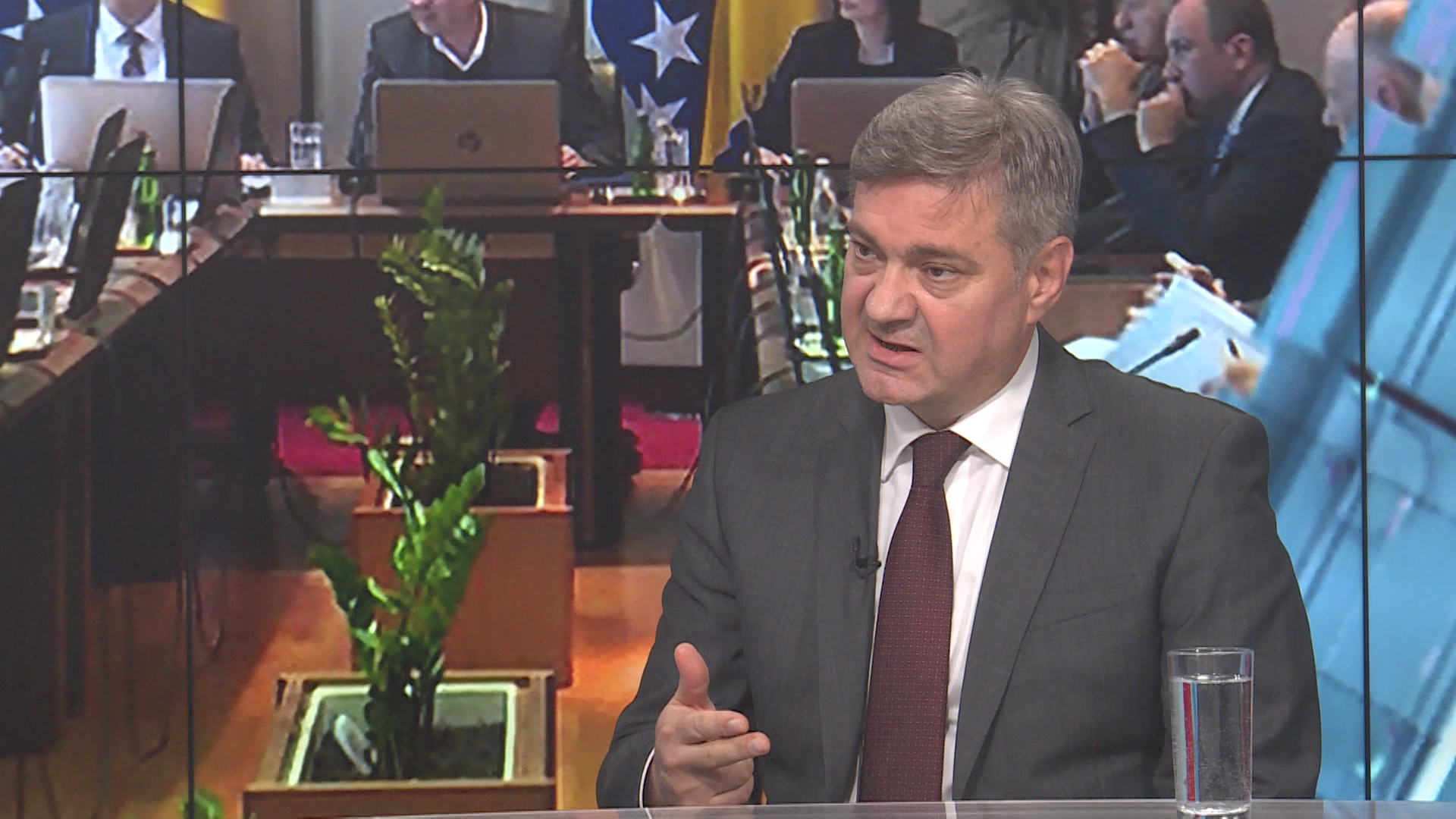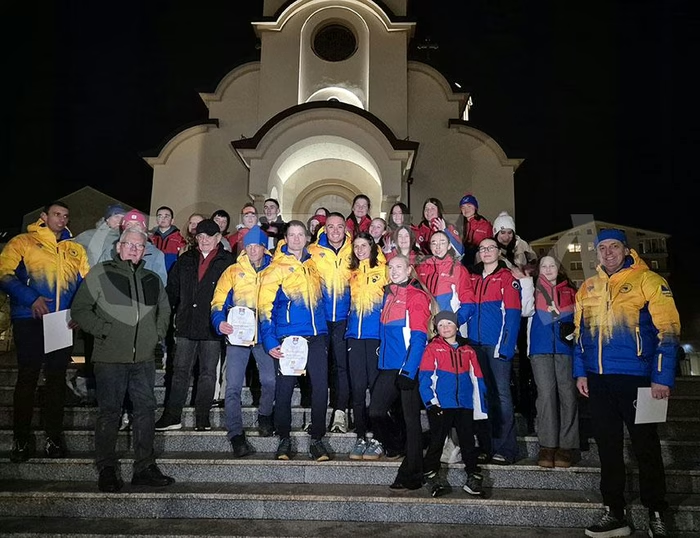
Bosnia sent its Reform Programme to NATO on Monday but whether this means the country made the next big step toward membership in the alliance remains to be seen as political leaders in the country have completely different interpretations of it.
According to earlier Presidency decisions, the country was supposed to send the Annual National Programme (ANP) to NATO. Instead, Bosnia sent its ‘Reform Programme’ - the result of a compromise between the members of the tripartite Presidency toward ending the political crisis that had crippled the country since the October 2018 election.
The crisis left the country without a new government until Monday, 14 months after the election.
The Bosniak and Croat Presidency members had refused vote the candidate for Chairman of the country’s Council of Ministers - effectively the Prime Minister - because he was a member of the party of Serb Presidency member Milorad Dodik, who vehemently opposed any steps toward Bosnia’s NATO membership to be made.
NATO remains unpopular among Serbs in Bosnia's Serb-majority semi-autonomous entity of Republika Srpska (RS) since the alliance launched airstrikes against the Bosnian Serbs during the 1992-95 Bosnian war and against the Serbian military in 1999 during the conflict between Belgrade and ethnic Albanians in Kosovo.
The next step toward Bosnia’s NATO membership was sending the ANP.
In November, the three Presidency members agreed that the election results will be implemented, but that the country will then immediately send the ‘Reform Programme’ to NATO.
The document was sent an hour after the new ministers were sworn in.
In an interview for N1, the outgoing Council of Ministers Chairman, Denis Zvizdic, explained how the document differs from the ANP.
“The structure of that document is identical to the structure of the ANP, only that it has a smaller volume, it is 21 pages long,” he said, explaining that it is a public document which will be presented and discussed in Parliament.
“NATO has received that document today afternoon,” he said, adding that he expects NATO to say whether the Membership Action Plan (MAP), which includes a reform of the Armed Forces, will be activated based on the Reform programme.
Zvizdic explained that the document does not predict NATO membership, but that it says that “all activities will be implemented according to the laws in place, the Law on Defence, Decisions by Bosnia’s Presidency, and all of those documents clearly order institutions to put maximum effort and give maximum support to Bosnia’s integration into NATO.”
“If we look at the geographic and strategic position of Bosnia and Herzegovina and at the map of Europe, it is logical that everyone must accept that Bosnia will be a member of the NATO alliance in the future,” he said.
Zvizdic argued that it would not be realistic to expect that Bosnia will remain as a “lonely island” where the principles of military neutrality will be in place.
Meanwhile, the parliament of Bosnia’s Serb-majority semi-autonomous region of Republika Srpska (RS) held a session where the Reform Programme was discussed. Dodik faced criticism from RS opposition parties who argued that he pushed the RS into NATO, although the entity had adopted a Resolution on Military Neutrality, in line with neighbouring Serbia.
Dodik fired back, saying that what he agreed to is good for Republika Srpska as now officially “Bosnia and Herzegovina does not predict its membership in NATO.”
“With that, we have remained true to the Resolution on Military Neutrality and the consensus of all political parties in the RS was maintained. This included that there can not be a border set up on the Drina river (between Bosnia and Serbia) and that we must follow the path of Serbia,” Dodik said.
He explained that the RS supports military neutrality as “there is no single alliance which runs the world.”
“This has enabled other countries which have military potential to show what they can do, and an example is Russia which destroyed the terrorist ‘Islamic State’ which threatened civilisation. The United States is one of the strongest military powers, but that country could not maintain and manifest its power from before and they are not the single centre anymore,” he said.
Kakvo je tvoje mišljenje o ovome?
Učestvuj u diskusiji ili pročitaj komentare





 Srbija
Srbija
 Hrvatska
Hrvatska
 Slovenija
Slovenija



























































